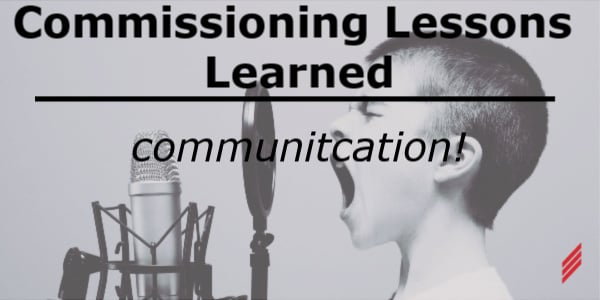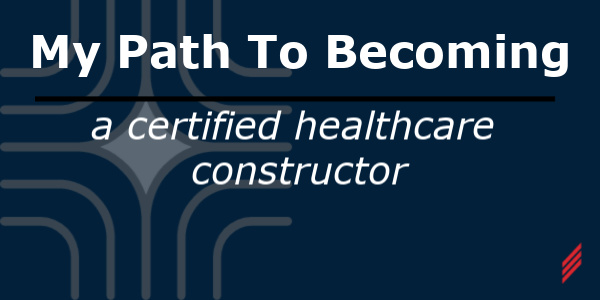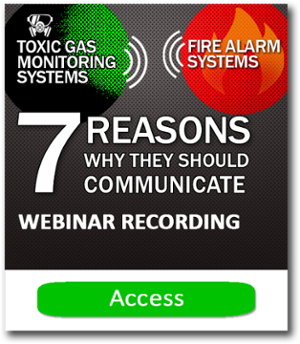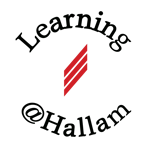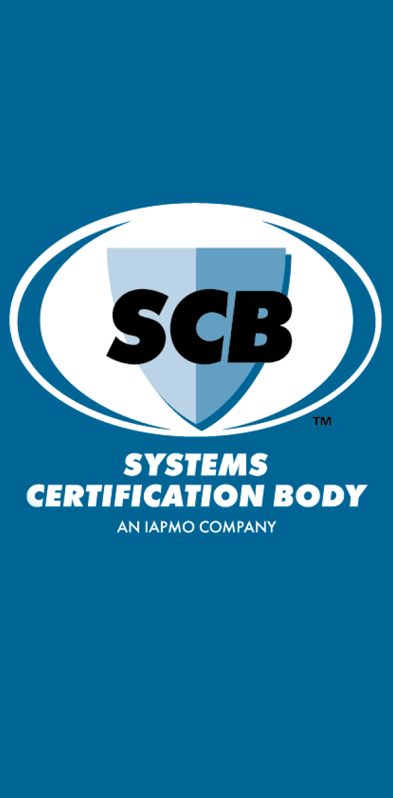I’d like to share lessons learned from the past year’s commissioning activities. It is ever important in all engineering work, but this year the consequences came more into focus.
Commissioning time management: What to do when others are not ready or off target.
- Communication was the key to avoid wasted time. Commissioning projects involve a cast of thousands. Well, it seemed that way a lot of the time. As a result, our time was split between many different players—often with conflicting agendas. We needed to complete the commissioning scope that, above all, was to make sure the Owner’s project requirements were met. Time management on our commissioning projects required advanced skills. We were not just managing our own time that we had control over, but also time that was impacted by the actions of others. It was a game of communication and finesse.
Areas where time creep could occur included
- Meetings- We need to attend many project meetings that often change from “as needed” at the RFP phase, to every weekly project meeting by the end of the project. This should be addressed at the proposal stage, because often we are the only consistent team member available at the end of the project. On one project, after an honest discussion with the Owner which highlighted the value of our additional presence, the original set number of meetings proposed was increased for an additional fee. This process brought awareness to the need for more focused meetings. Having a call-in option was also an enormous time saver.
- Pre-functional checklists completion- These checklists need to be completed before Functional testing can occur. On a recent project, we found that this was not a priority for the General Contractor. We spent excessive time trying to get them to complete this requirement. Our experience has led us to a streamlined format and we also offer multiple formats for these checklists during the Commissioning Kickoff meeting where we stress that this requirement is in the critical path and will delay the project if not completed on time. An added step to ensure clear communication and understanding would be a sign-off from all project team members agreeing to this process.
- Start-up and TAB witness- These activities were a mine field of time abuse for us. The requirement for our involvement was in the Specifications, but because the task was performed by others, we were at their mercy. Clearly identifying the schedule for startup and adhering to it was crucial. Project team members need to be reminded that these activities need to be witnessed by the commissioning team and they are to be included in the schedule notification. A last-minute change made by the subcontractor could have resulted in a wasted day on the job site.
- Functional testing performance- This task is the meat of our commissioning scope and is completely dependent on the controls subcontractor to accomplish it. Early in the commissioning process it is imperative to develop a strong relationship and have open and honest communication with this subcontractor. An added twist is that these people are often the sub to the Mechanical contractor who is a sub to the General contractor. Communication between everyone, early and often, results in dividends for the entire project team.
- Issue resolution- Issues created during site visits and the previous tasks usually come toward the end of a project when everyone is trying to get done, get paid and get out. Our Commissioning Issues Log often gets in the way. This is the time for productive team meetings which become forums to discuss timely issue resolution. We have found that the contractors are motivated to get their issues off the formal log, which becomes the script for the meetings. This was a win for the Owner.
- Operation and Maintenance manual completion- To ensure that these documents addressed the Owner’s requirements, we communicated that the purpose was for the Owner’s staff to be able to pick up the manual when there was a problem or requirement for a given piece of equipment. All too often they are just compilations of submittals containing a lot of superfluous information. The O&M manual should be user-friendly and targeted to the actual needs of the Owner.
- Training completion- We clearly communicated that the purpose of the training was to give the Owner’s personnel useful information to assist them in operating and maintaining the equipment. As the Commissioning Authority, we were their advocate because the individual training was all too often an equipment representative standing in front of a piece of equipment and asking if there were any questions. This approach is a waste of everyone’s time.
We all know the importance of time management. Ineffective use of valuable time can turn a project into an un-profitable drain on a company’s budget. So why don’t commissioning professionals just manage their time effectively and make every project a winner?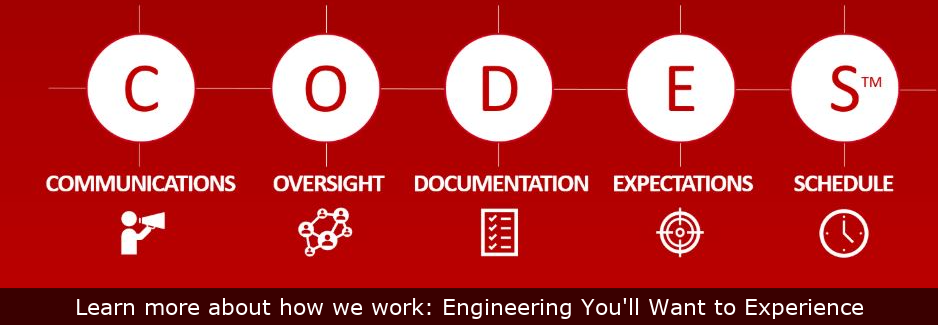
With so many members on every commissioning project who all have varying agendas, the best solution is to communicate at every possible opportunity. This builds stronger relationships, saves time and produces more successful and profitable commissioning projects.
About the author
Before joining Hallam-ICS in 2010, Elizabeth spent 15 years in project management, public works, and environmental engineering. She has worked for the U.S. Navy in environmental program management and facilities project management. Elizabeth’s prior experience includes engineering in the areas of hazardous waste management, research and development facilities, and process systems. At Hallam-ICS, Elizabeth has worked in facilities commissioning, and project feasibility studies. Her commissioning experience includes health facilities, building systems, medical clinics, a human tissue processing facility, research laboratories, and building LEED certification
Read My Hallam Story
About Hallam-ICS
Hallam-ICS is an engineering and automation company that designs MEP systems for facilities and plants, engineers control and automation solutions, and ensures safety and regulatory compliance through arc flash studies, commissioning, and validation. Our offices are located in Massachusetts, Connecticut, New York, Vermont and North Carolina and our projects take us world-wide.


